On Monday, Intel announced the sale of a 51% stake in its Altera division to the private equity firm Silver Lake. Valued at US$8.75 billion, the deal marks a pivotal moment in the chipmaker’s financial strategy. As Intel aggressively cuts costs to strengthen its balance sheet, the infusion of capital will support its transition toward being a contract manufacturer—a move that underscores the company’s long-term vision.
The Significance of the Transaction
The sale of Altera shares carries several important implications. First, the capital injection is expected to fuel new investments in cutting-edge technologies and expand manufacturing capabilities. Second, the transaction helps alleviate debt burdens and balance the company's financial metrics, a crucial step amid today’s unpredictable global economy. Finally, this strategic reorientation reflects Intel’s commitment to diversifying its business model—moving beyond the traditional PC chip segment and exploring new revenue streams in contract manufacturing.
Financial Impulse for Dynamic Transformation
Intel’s strategic shift towards divestment can be attributed to several key factors:
1. Strategic business reorganization
2. Strengthening the financial balance through additional cash flow
3. Realignment toward contract manufacturing, which demands significant capital
4. Reduction of operational expenses to enhance competitive positioning
5. Acceleration of innovation driven by a renewed organizational focus
These actions highlight profound changes in Intel’s corporate strategy, positioning the company to be more agile and adaptive in an increasingly competitive global market.
Market Shifts and Industry Implications
Transitioning from a traditional manufacturing approach to a contract production model presents numerous challenges that have broad implications for the semiconductor industry. An analysis of this transformation reveals several noteworthy aspects:
- Reduced reliance on outdated manufacturing processes
- Strengthened position in the high-tech, adaptive solutions segment
- Attraction of investment through freed-up financial resources
- Expansion of opportunities for strategic partnering with industry giants
- Stimulation of innovative developments backed by focused capital
This approach holds the potential to significantly reshape competitive dynamics, as the restructuring of assets and a focus on contract production pave the way for enhanced financial resilience and market appeal across the industry.
Integrating Strategy with Corporate Evolution
The history behind Intel’s acquisition of Altera provides valuable context. In 2015, Intel purchased Altera for nearly US$17 billion during a period when then-CEO Brian Krzanich was keen on diversifying the business beyond PC chips. This strategic move broadened the company’s product portfolio and laid the groundwork for future growth in emerging technological segments. Today, the decision to sell 51% of Altera’s stake signals a further recalibration of priorities—one that emphasizes capital-intensive, forward-looking projects over legacy operations.
Key developmental avenues associated with this restructuring include:
• A renewed focus on contract manufacturing as a growth catalyst
• The pursuit of strategic partnerships and investor alliances
• Financial streamlining through the sale of non-core assets
• The development of groundbreaking technological solutions to bolster competitiveness
• Strengthening Intel’s global presence through agile structural changes
Through this ongoing transformation, Intel demonstrates its capacity to swiftly adapt to market challenges. Rigorous expense control, coupled with a redefined focus on profitable, high-potential segments, not only drives internal reorganization but also signals positive trends throughout the semiconductor sector.
Conclusions and Future Outlook
The sale of a 51% stake in Altera is a strategic maneuver designed to reinforce Intel’s global standing. The expected influx of funds will further support investments in next-generation manufacturing capabilities while enabling the company to hone its focus on high-tech initiatives. At the same time, separating this division from Intel’s core operations provides a clearer path toward sustainable innovation amid intensifying market competition.


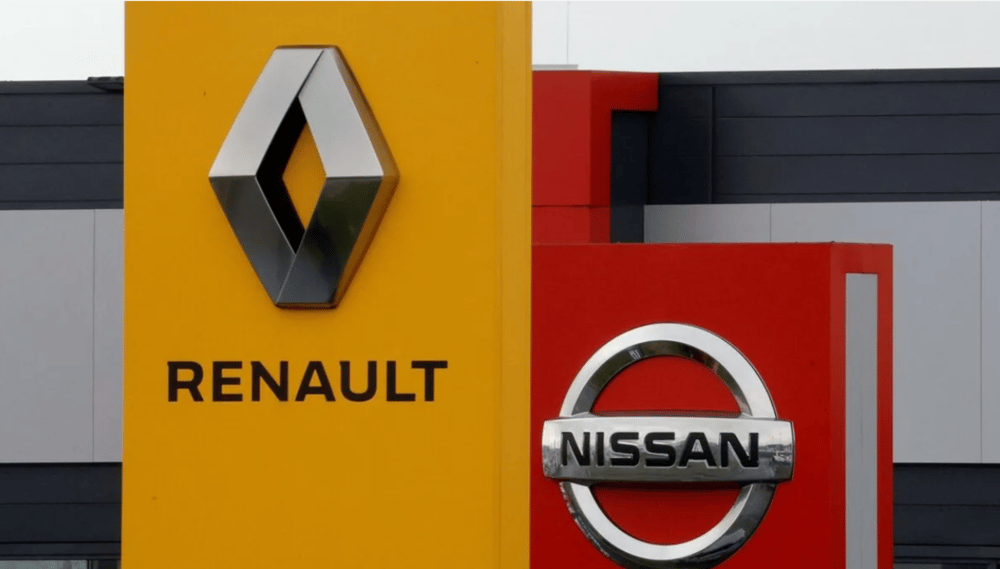
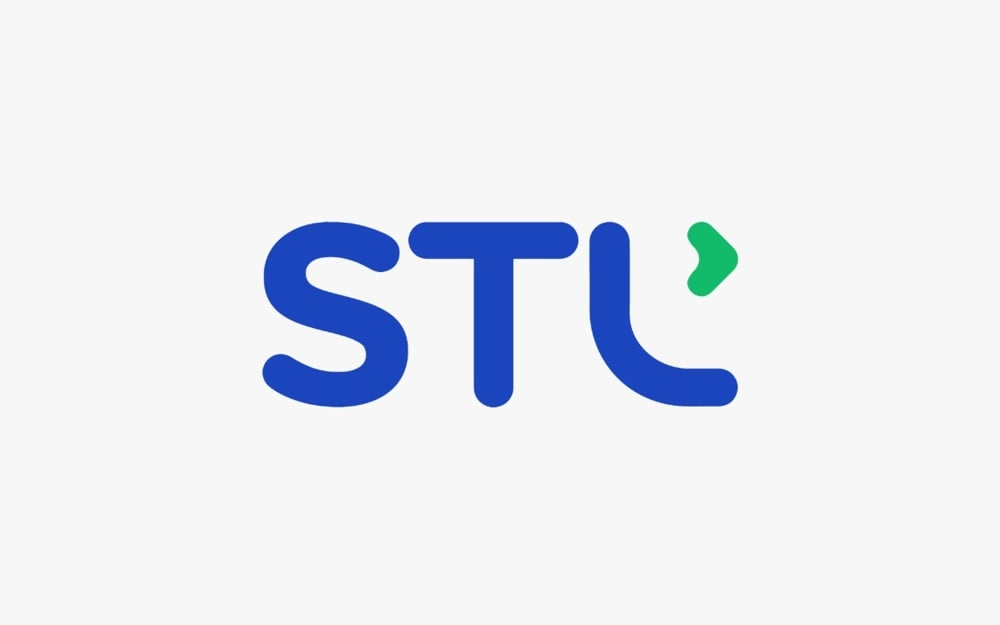
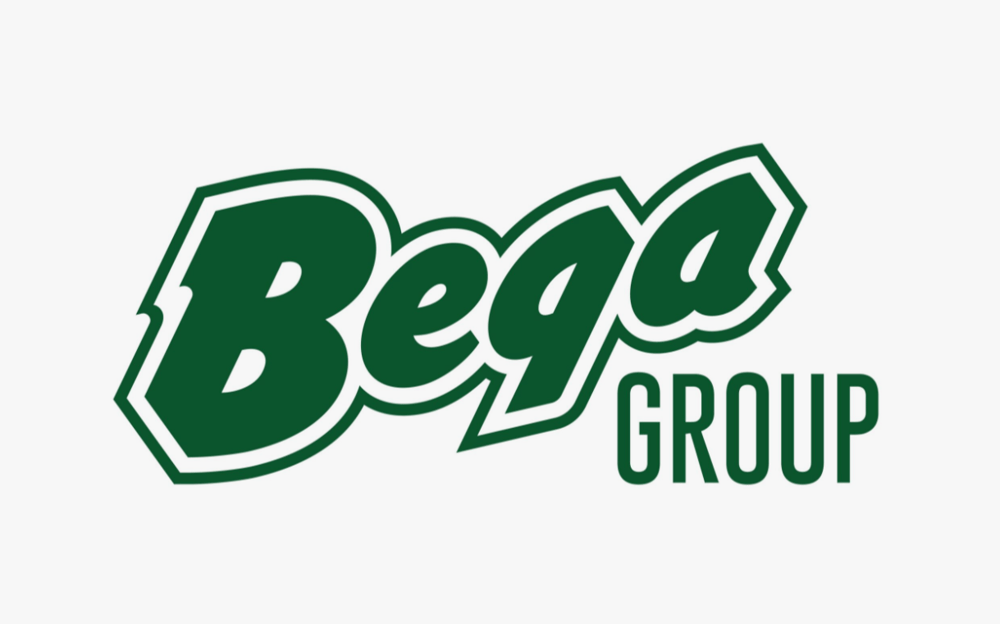
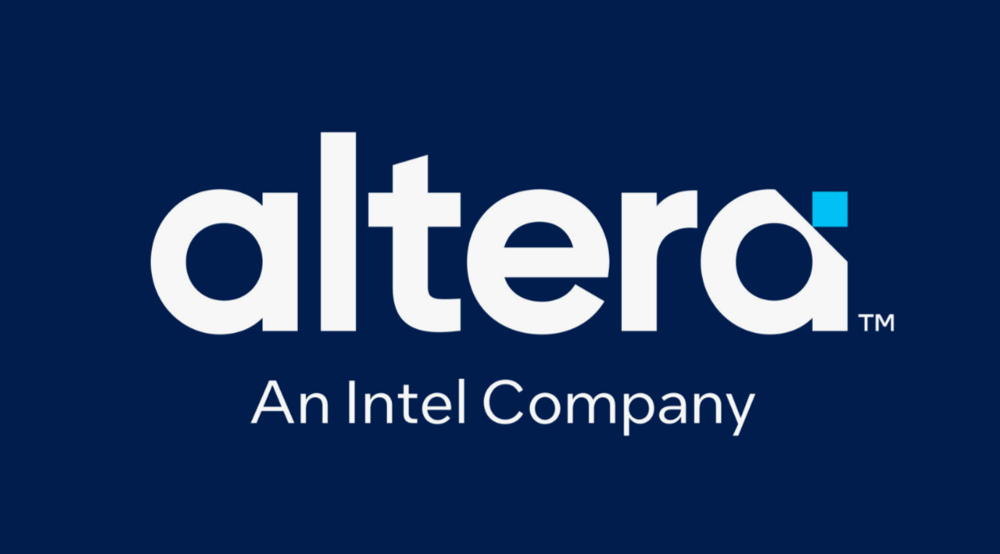
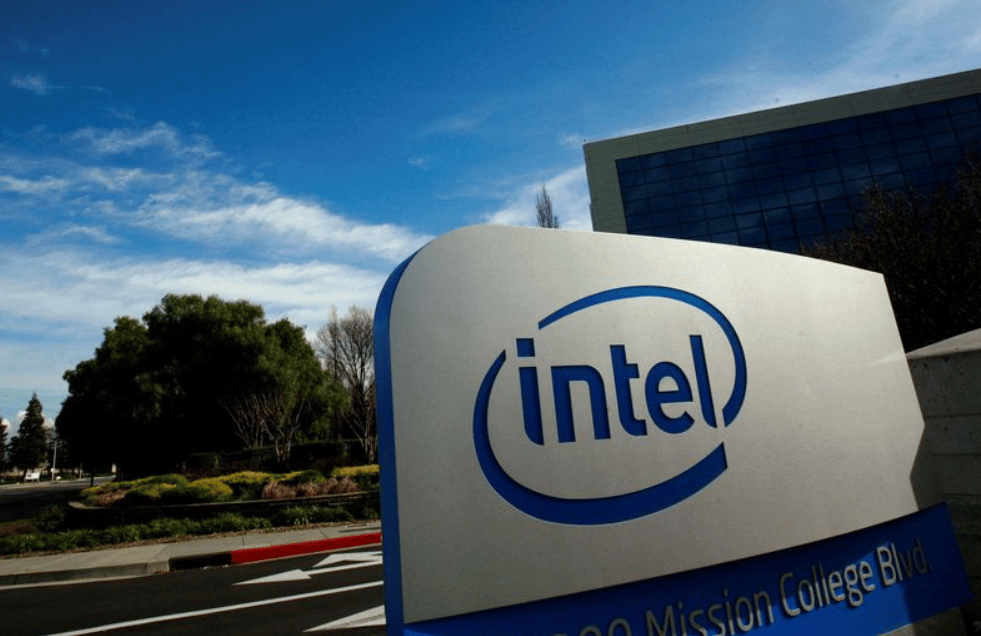
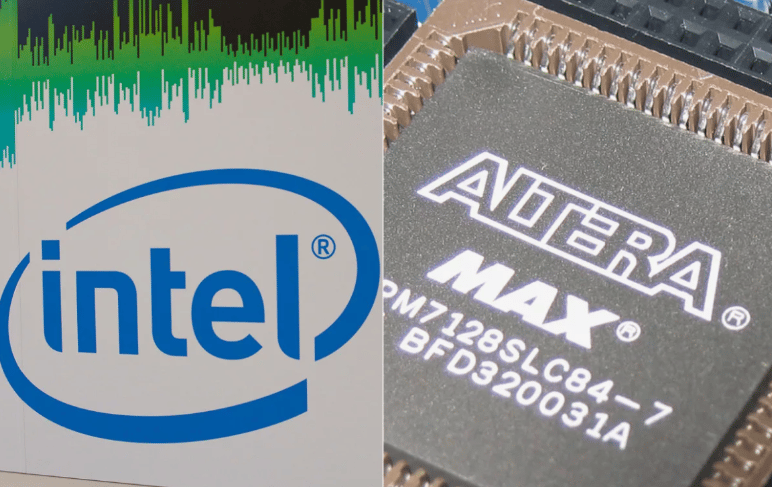
Innovative investment strategies such as these are opening pathways to unparalleled capital growth and technological innovation